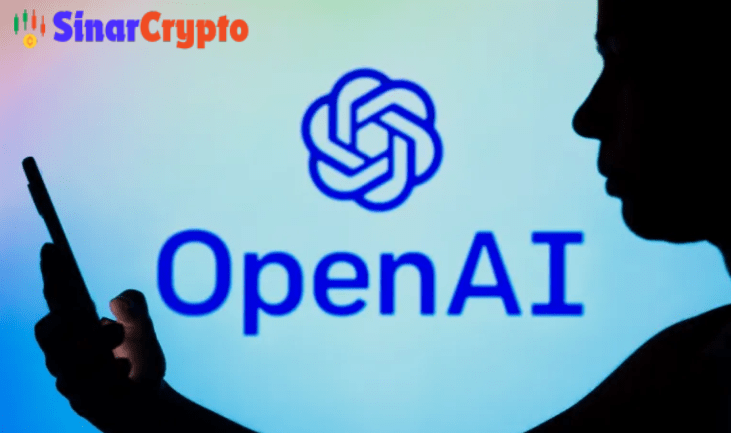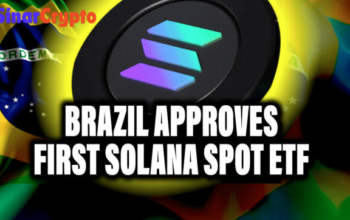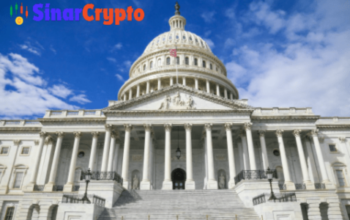OpenAI, the company behind popular AI tools like ChatGPT and DALL-E, has voiced support for a California bill aimed at requiring the labeling of AI-generated content. The bill, known as AB 587, would mandate platforms like social media sites and online marketplaces to clearly identify content created by artificial intelligence.
The bill’s primary goal is to combat the spread of misinformation and deepfakes, which are increasingly becoming difficult to differentiate from genuine content. OpenAI argues that clear labeling is crucial for promoting transparency and allowing users to make informed decisions about the content they encounter.
While some critics have expressed concerns about the potential for overregulation and censorship, OpenAI maintains that proper labeling is essential for responsible AI development. The company believes that by fostering trust and accountability, labeling can help alleviate anxieties surrounding the potential misuse of AI.
The proposed legislation has sparked a wider debate about the ethical implications of AI-generated content and the need for regulation. As AI technologies continue to evolve and become more sophisticated, the issue of labeling and transparency is likely to become increasingly crucial.
OpenAI’s support for AB 587 signifies a growing recognition within the AI community that responsible development requires addressing ethical concerns and fostering trust with users. The outcome of the bill will likely have significant implications for the future of AI content creation and regulation.












